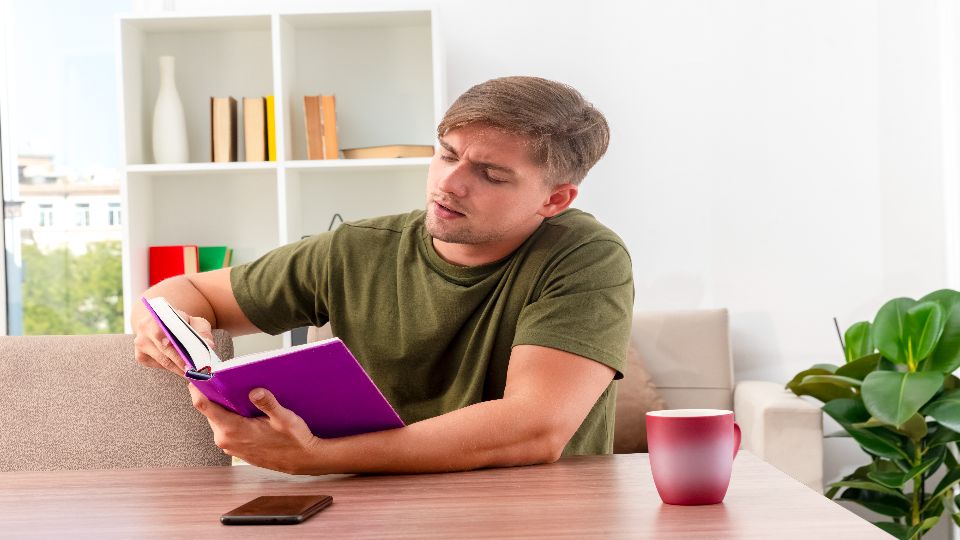Glaucoma: Simple Answers To Important Questions!
09/04/2025

20/12/2023
Squinting is a common behavior that many people instinctively employ when they find themselves in situations where they need to see more clearly. Whether it is to decipher small print or zero in on a distant object, this seemingly simple action is underpinned by scientific and physiological principles that explain why it truly enhances our vision.
Squinting reduces the volume of light that enters our eyes, diminishing the intensity of the images we perceive. Initially, this might appear counterintuitive since one might assume that more light would lead to clearer vision. However, the rationale behind this phenomenon is grounded in the workings of the human eye.
The central part of the eye, specifically the pupil, functions much like the diaphragm of a camera. It dilates to allow more light in low-light conditions and constricts in high-light situations. When we squint, we reduce the size of the pupil, which limits the amount of light reaching the retina. This adjustment allows light to focus on the most sensitive area of the retina, known as the fovea.
The fovea is a small region situated at the center of the retina and is rich in light-receptor cells known as cones. These cones play a crucial role in facilitating detailed vision and color recognition. By squinting and guiding light toward the fovea , we heighten our visual acuity and improve our ability to perceive fine details.
In addition to enhancing visual acuity, squinting also serves to reduce the scattering of light within the eye. When light enters the eye, it traverses through various media with differing refractive indices. This can lead to optical aberrations that impact the sharpness of images on the retina. Squinting helps by limiting the entry of peripheral light, minimizing these aberrations, and further contributing to sharper vision.
It is important to emphasize that while squinting can be a helpful tactic in certain situations for improved clarity, it is not a permanent or universally suitable solution. If someone frequently feels the need to squint for better vision, it could be indicative of an underlying visual issue , and it is advisable to seek an evaluation by an ophthalmologist for a proper diagnosis.
Dr. Silvana Belotto, ophthalmologist at the Barraquer Ophthalmology Center